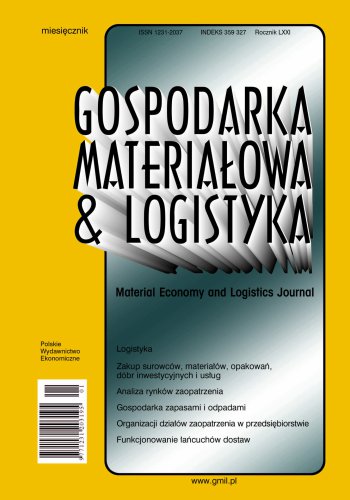The article is aimed at characterizing the issues related to the current and future ways of operating in companies producing vehicles, with particular emphasis on the impact of the automation and autonomization of road transport on the business models of such a companies.
A characteristic feature of the activities of enterprises from the automotive industry is constant development, concerning both products, their production technology, and the organization of the entire production process. Implementation by the manufacturers of innovative technologies related to the growing importance of vehicle automation and the possible dissemination of autonomous mobility results in the need to redefine the key success factors and introduce changes to the business models hitherto used. The article describes the classic business model of company from the automotive industry. Based on the adopted assumptions, related to the implementation of innovative technologies, determined were: the predicted scenarios for the future use of vehicles, scenarios for the future functioning of entities operating in the automotive industry, and possible variants of future business models in the enterprises in question in a situation of increasing importance of automation and vehicle autonomy.
Keywords: automated vehicles; autonomous vehicles; business models of vehicle manufacturers

